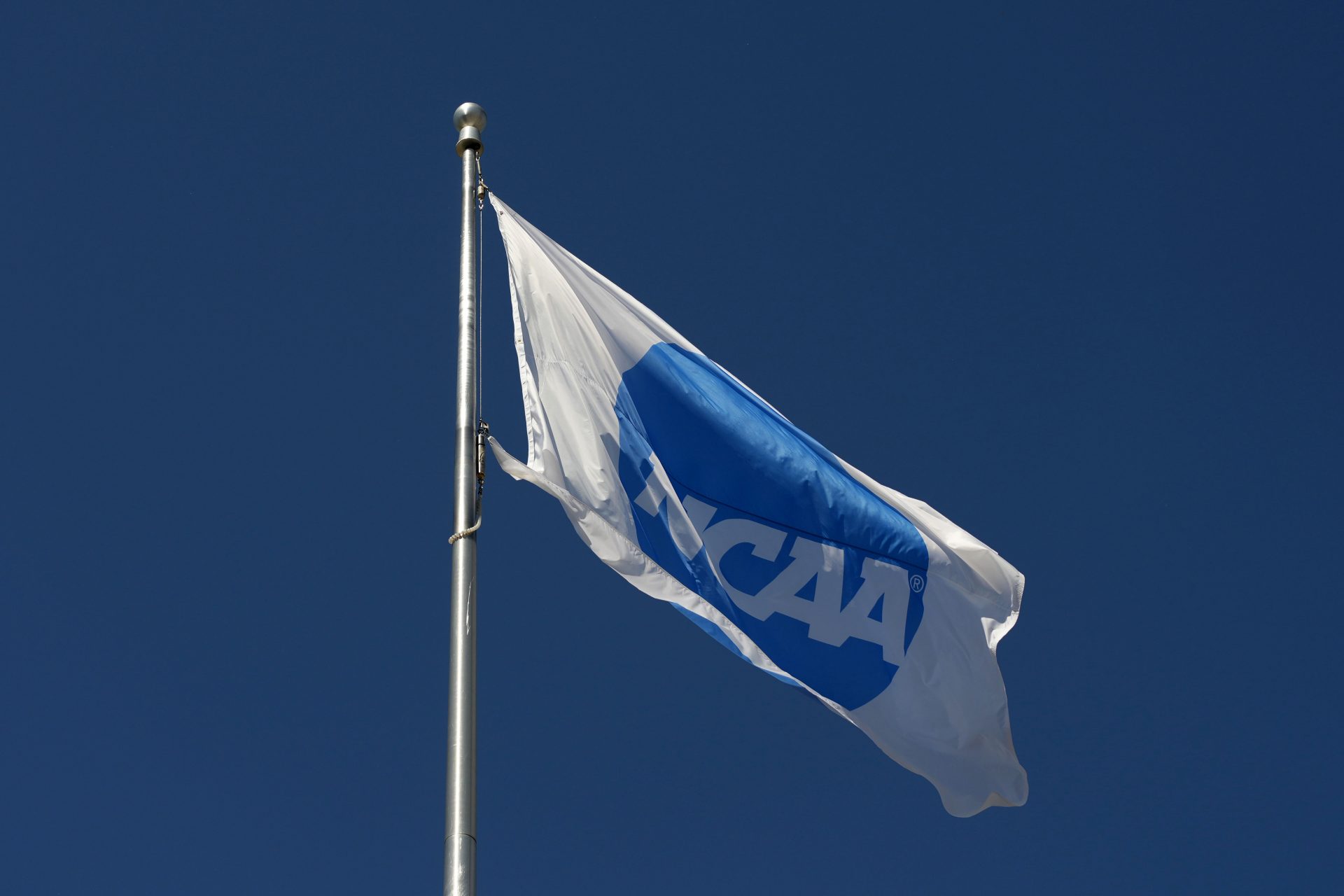The landscape of college football is shifting, and whispers of a massive overhaul are growing louder every day. According to a recent episode of the “Locked On College Football” podcast hosted by Spencer McLaughlin, the Power Four conferences—the SEC, Big Ten, ACC, and Big 12—are quietly crafting a radical proposal to reshape the NCAA’s governance structure.

Power Conferences Pushing Schools For A “No-Sue” Pact In The New NCAA
This new entity, dubbed the College Sports Commission, would take control from the NCAA and regulate Name, Image, and Likeness (NIL) compensation, transfer portal activity, and rule violations. However, according to McLaughlin, there’s a twist to this new arrangement, which is not very sunshine and roses.
Schools that join this system would surrender their right to sue, a move that could lock them into a tightly controlled framework or cause them to face expulsion from their conference.
The NCAA’s authority has eroded in recent years, battered by court losses and an inability to enforce NIL and transfer rules effectively. As McLaughlin noted, citing Yahoo Sports’ Ross Dellenger, the NCAA “just shows up and hands out punishments that nobody cares about.”
Legal challenges, like Tennessee’s successful lawsuit against the NCAA over NIL violations, have exposed the organization’s vulnerable side. This was all the reason Power Four conferences needed to step into and fill this void, by any means necessary.
They are proposing a new entity led by a CEO, similar to a professional sports commissioner, to oversee athlete compensation and compliance. This commission would enforce a $20.5 million per-school revenue-sharing cap, starting in 2025–26, and police third-party NIL deals through a clearinghouse operated by Deloitte to ensure “fair market value.”
The catch, as McLaughlin pointed, is very “totalitarian” in nature, according to many. In this new arrangement, schools opting into this system would have to give up their ability to sue the commission over its rules.
This clause aims to shield the new entity from the legal battles that have plagued the NCAA. “It’s a crazy punishment,” McLaughlin said. “If you don’t want to be told what to do… you’re out of the conference.”
Central to this proposal is a plan to have a Big Four accounting firm, likely Deloitte, assess NIL deals for fair market value. Any deal worth $600 or more tied to a school-affiliated entity would face scrutiny to prevent “pay-for-play” arrangements.
McLaughlin warned that this could slash player earnings, as Dellenger’s reporting suggests 80% of current NIL deals might be deemed overvalued.
The House Settlement
The proposed commission dovetails with the House v. NCAA settlement, which awaits final approval on July 7, 2025. The settlement, preliminarily approved in October 2024, will distribute $2.78 billion in backpay to athletes from 2016 onward and allow schools to share up to $20.5 million annually with players.
However, it imposes roster limits (e.g., 105 for football) and requires NIL deal disclosures, raising Title IX and fairness concerns. McLaughlin points at the settlement’s uncertainty, noting that state laws, like Tennessee’s, could undermine enforcement by permitting direct payments if the settlement fails.
KEEP READING: 2025 Way-Too-Early College Football Top 25 Power Rankings
In the end, whether this new NCAA takes hold or collapses under legal scrutiny, one thing is certain: college football’s future hangs in the balance, and the next few months will be a mad scramble for power, money, and control.
College Sports Network has you covered with the latest news, analysis, insights, and trending stories in college football, men’s college basketball, women’s college basketball, and college baseball!

